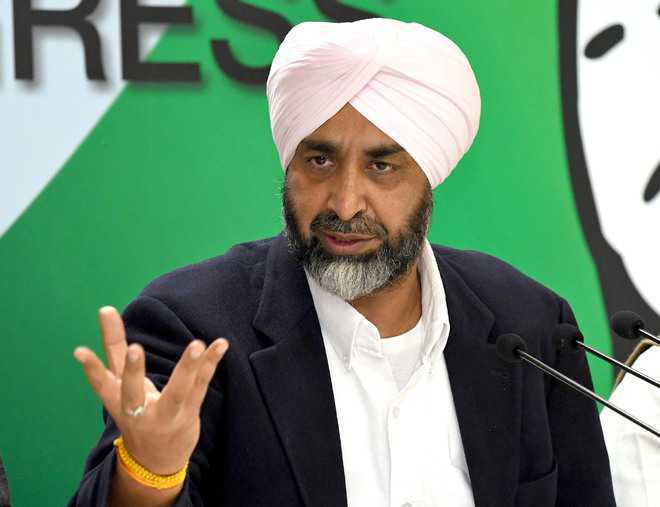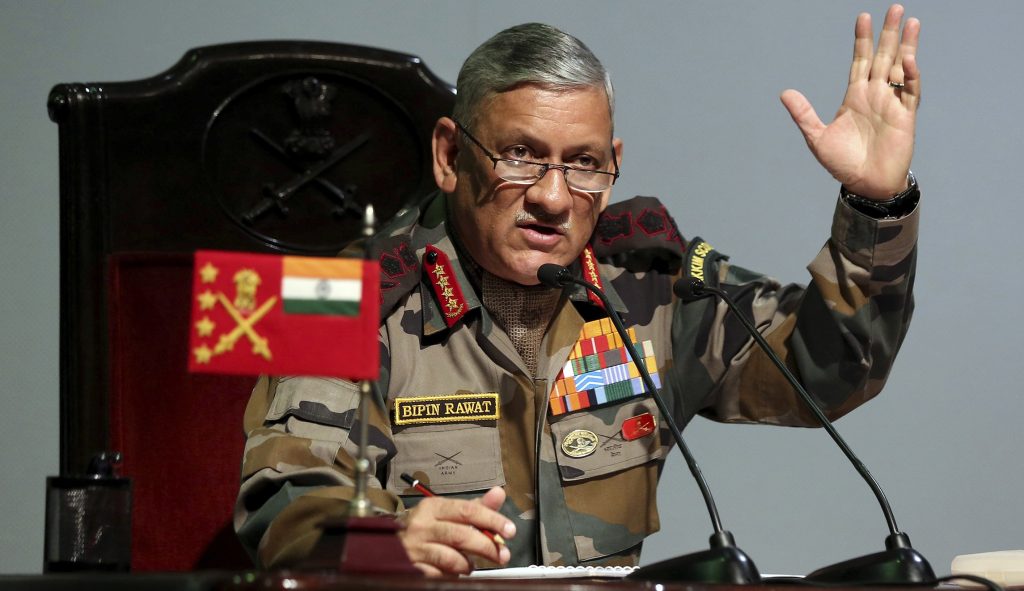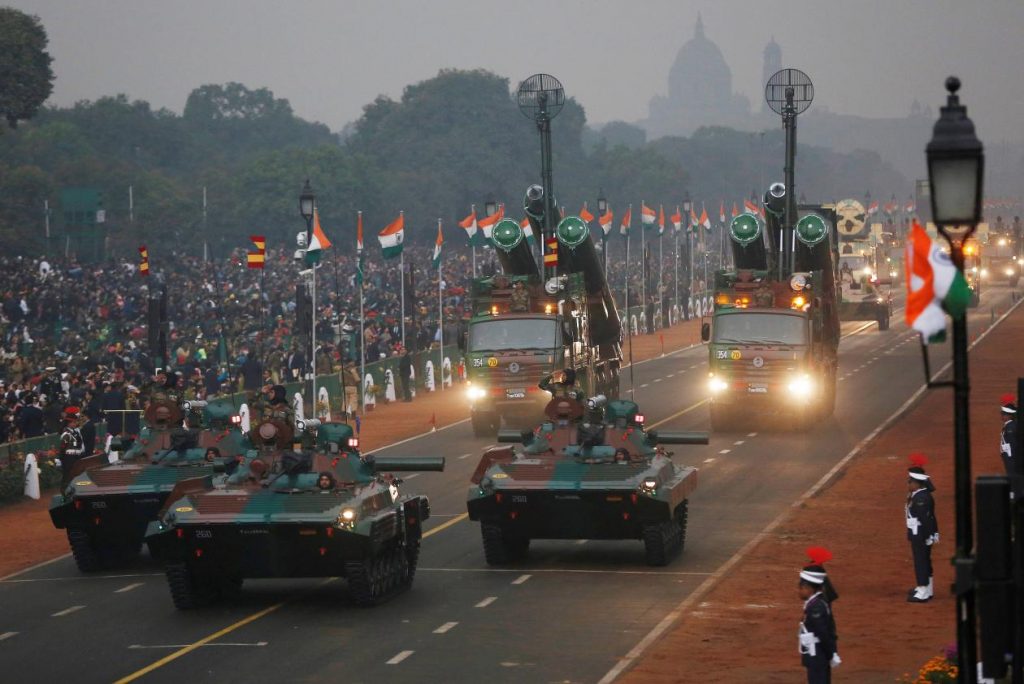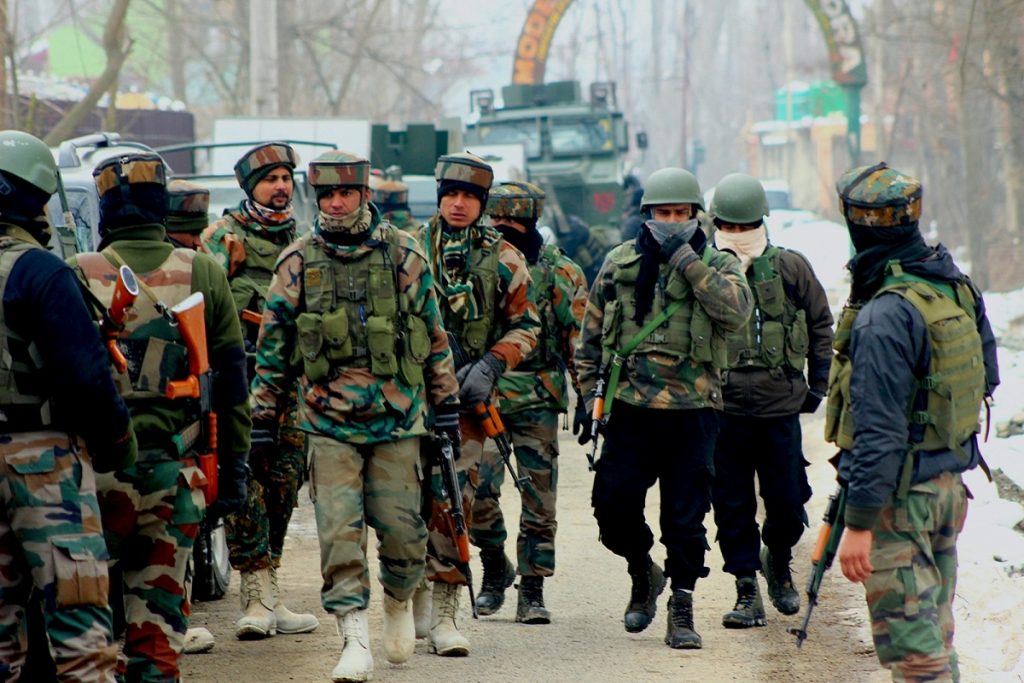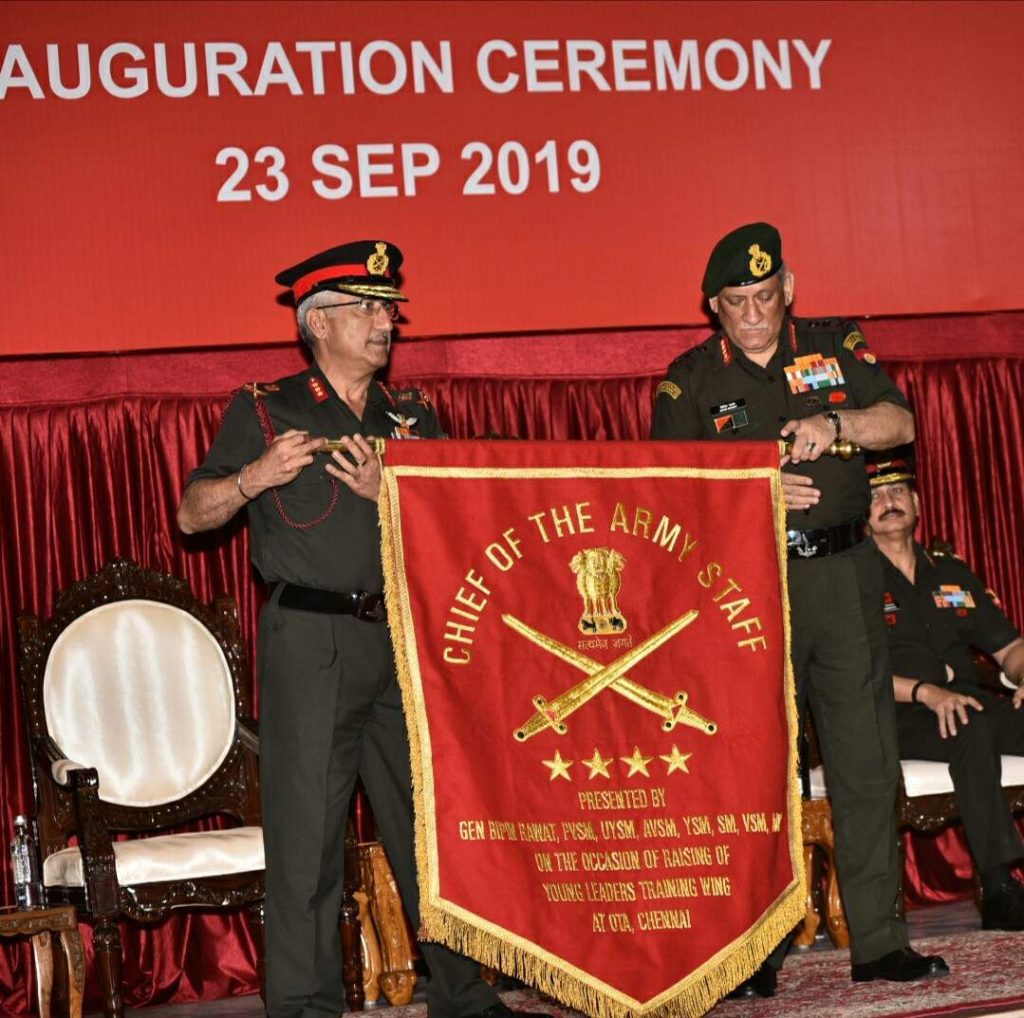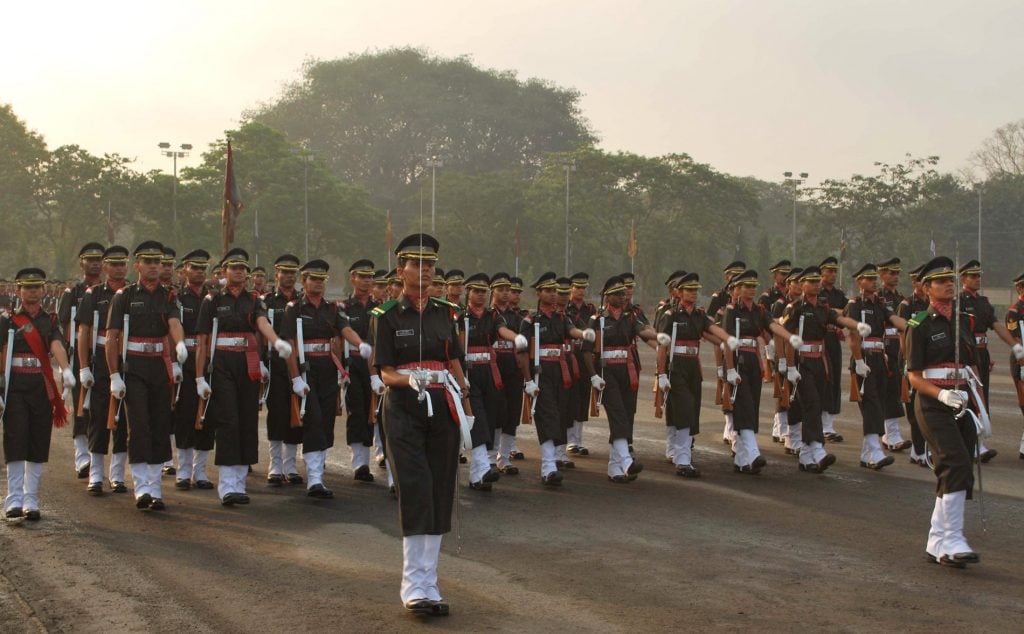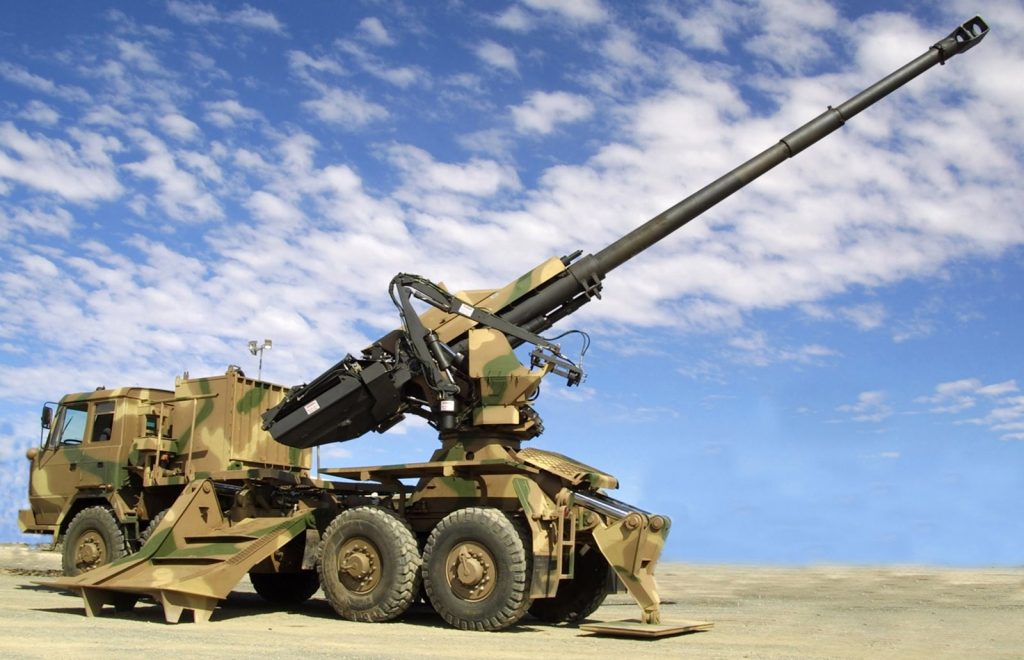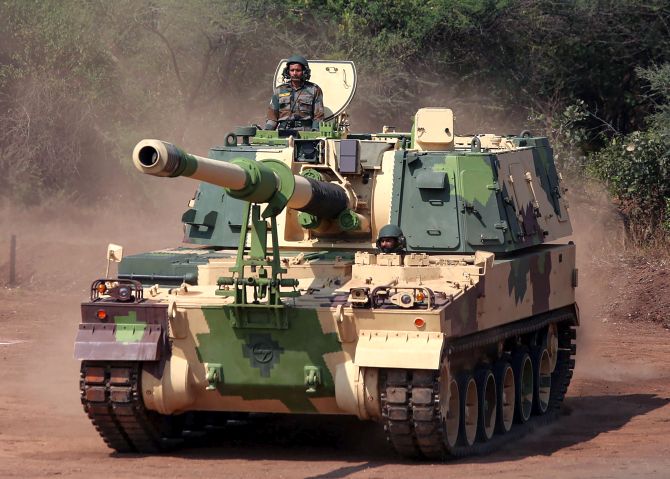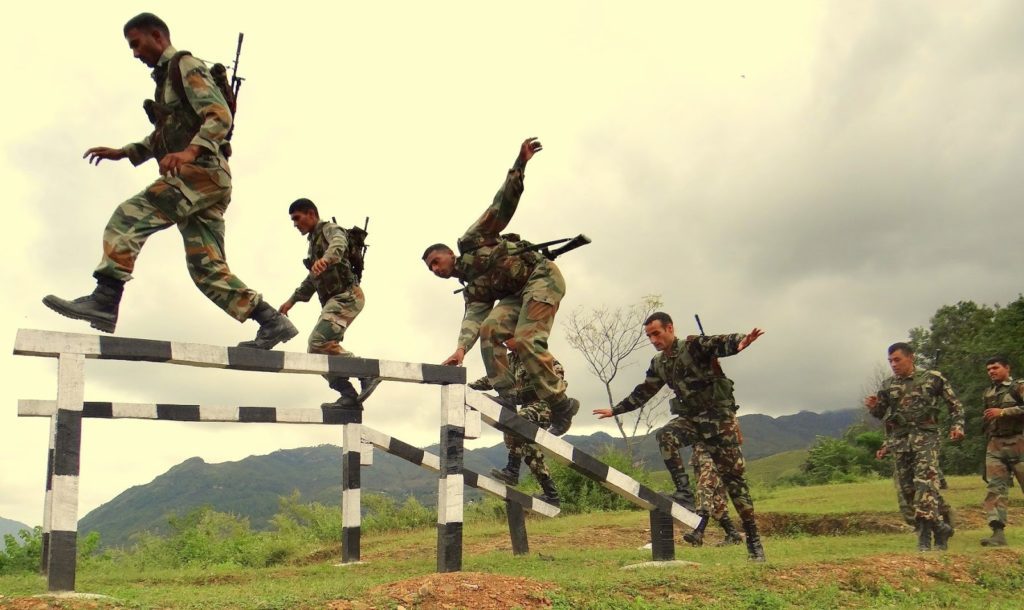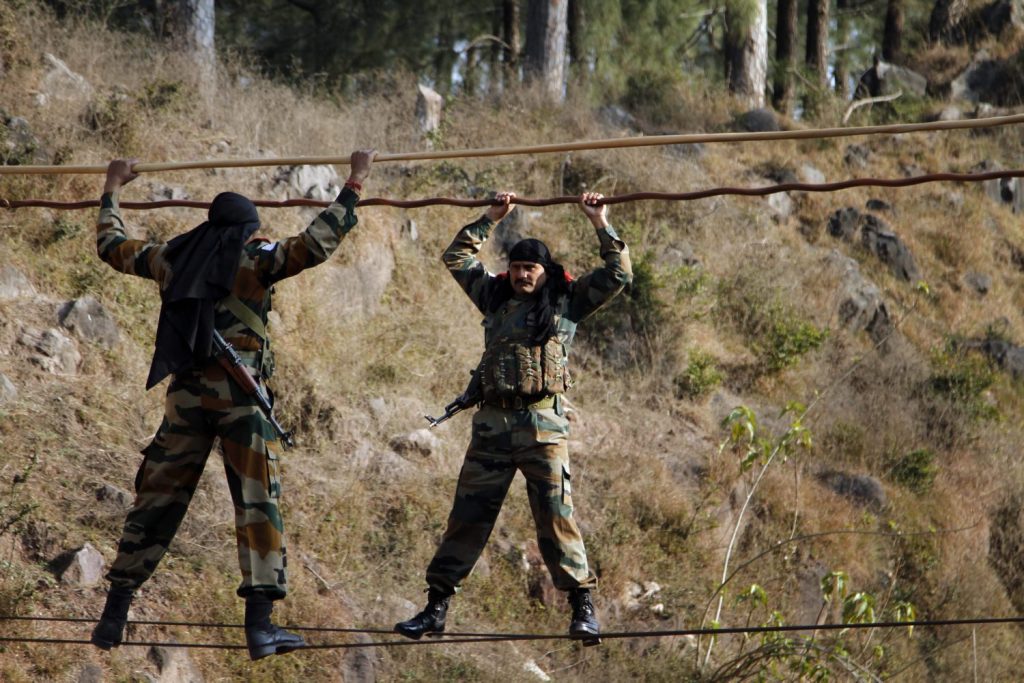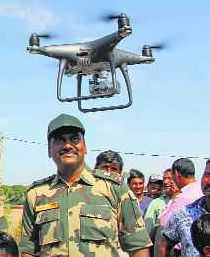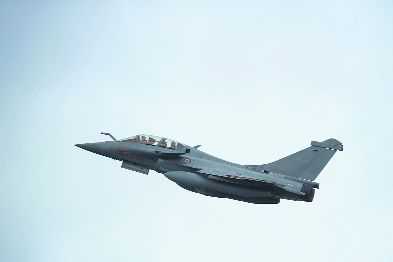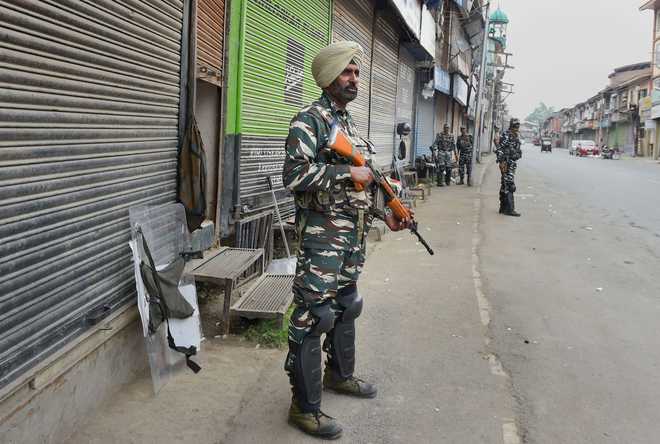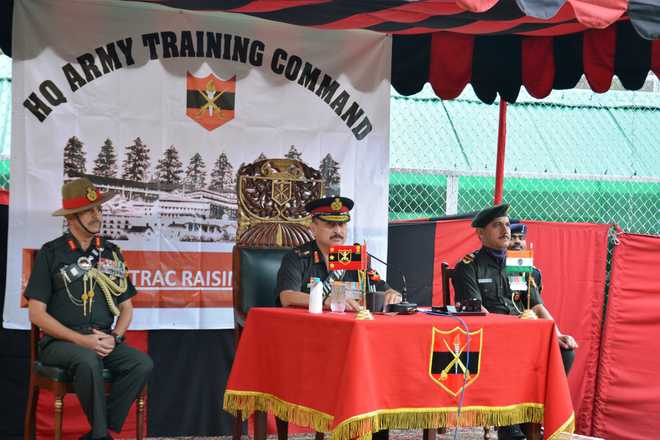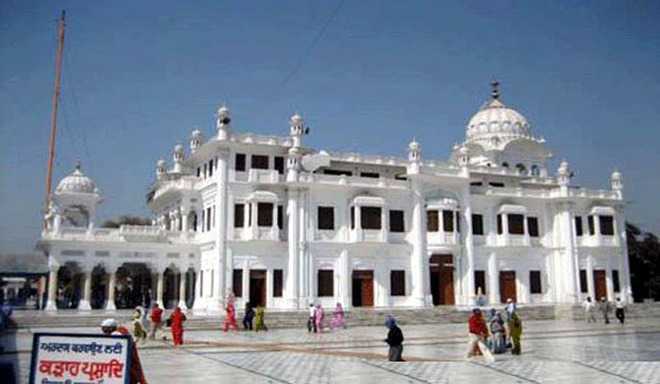slamabad: A major right-wing religious party in Pakistan announced on Thursday that it will begin its ‘Azadi March’ on October 27 to oust the “incompetent” government of Prime Minister Imran Khan, blaming him for the economic woes of the cash-strapped country.
This was announced by Jamiat Ulema-i-Islam-Fazl (JUI-F) chief Maulana Fazlur Rehman, two days after the leadership of top Opposition parties, PML-N and PPP opposed any “solo flight” for the ouster of the government and decided to hold a conference of all parties to develop consensus among them.
They agreed that the “incompetent and incapable” government of Khan’s Pakistan Tehreek-e-Insaf (PTI) that has completed one year in power must be ousted.
“The government is the result of a fake election,” Rehman, flanked by his close party aides, told a press conference on Thursday.
“We will gather at D-Chowk,” he said, adding, “We are not ones to disperse easily.” D-Chowk, also known as Democracy Chowk, is a large square located in Islamabad which is often used for political rallies and public gatherings.
“The country is under economic crisis due to the government’s incompetency,” Rehman said. “The current government is the result of a fake election and fake results,” Rehman added.
The JUI-F chief said that all Opposition parties had rejected the July 25 elections and had called for fresh elections.
He said that JUI-F delegations from across the country would converge on the federal capital on October 27 to “rid the country of incompetent government” of Pakistan Tehreek-e-Insaf which, according to him, has destroyed the economy.
“As a result of this illegal government and its incompetencies, the country’s economy has sunk […] traders have shut down businesses as a result of heavy taxation. The Muslims of Pakistan are in anguish over the state of religion in the country,” he was quoted as saying by The Express Tribune newspaper.
The Pakistan government’s biggest challenge was to save an economy facing a balance of severe payments crisis.
Within the first eight months, Khan has made visits to long-time allies China, Saudi Arabia, the United Arab Emirates and Qatar, securing some USD 9 billion in loans to shore up the economy.
But the economic woes persists as growth continues to be slow, the rupee plummeting and inflation rising beyond 10 per cent.
Opposition parties have alleged that Khan, the 66-year-old cricketer-turned-politician won the 2018 general election with the tacit backing of the powerful military, which plays a dominant role in politics in Pakistan.
“All Opposition parties agree that fresh elections should be held to find out who has the real mandate of the people,” he said.
The cleric said all Opposition parties have consensus on the fact that the incumbent government has come to power as result of a rigged election and that it has to go.
The JUI-F chief rejected the impression that he was “going solo” and said that the party is “in touch with all the other parties and making decisions in consultation with them”.
“We met Bilawal Bhutto sahib today and some very positive developments took place during our meeting. Yesterday you must have seen the PML-N delegation speak. Some positive developments took place then, as well,” Rehman was quoted as saying by Dawn newspaper.
When asked by reporters whether the Pakistan Peoples Party of Bhutto and Pakistan Muslim League – Nawaz will also participate in the sit-in alongside JUI-F or only the march that day, Rehman responded by saying: “The entire country is showing up. The trader community will be there. Doctors, lawyers are coming. We are in direct contact with people from all walks of life. I can speak for the readiness all these people have shown.”
To a question regarding the one demand from which the party will not budge during the sit-in, Rehman stressed that the protest will continue “until the government steps down”.
He said the party will also work towards bringing in election reforms so a more transparent process is carried out for the “new elections”.
